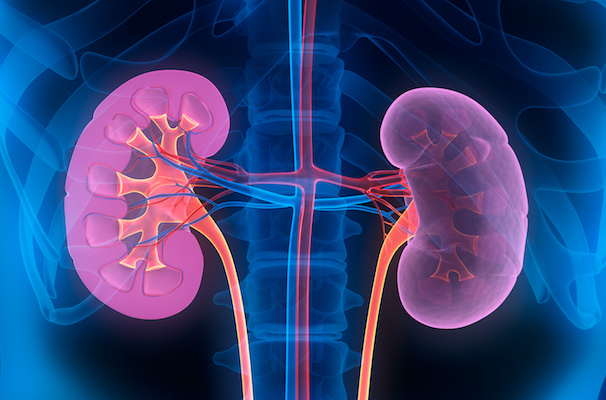Type 2 Diabetes and Kidney Disease | Tennessee Valley Urology Center

Type 2 diabetes brings a long list of its own complications and challenges, so it’s hard to think about it increasing risks for many other conditions. Among that list is kidney disease, a serious illness that includes the gradual loss of kidney function.
If you have Type 2 diabetes or love someone who does and you’re looking into what that could mean, here’s some information about the link between the two conditions and what development of kidney disease can entail.
What’s the Link?
Diabetic kidney disease is the term used to describe kidney disease that is the product of diabetes. The fact it has a specific name is indication enough of how prevalent the correlation is; the National Institutes of Health indicates diabetes is the leading cause of kidney disease.
In fact, about one in three adults with diabetes has kidney disease.
Type 2 diabetes creates a situation in which the body is unable to process sugar, which can lead to high levels of blood sugar. That high blood glucose can damage the blood vessels in the kidneys, which limits the kidneys’ ability to do their work of filtering waste and toxic substances and waste from the body.
Over time, that damage can lead the kidneys to slowly shut down, which creates kidney disease.
What Does It Mean?
Long-term kidney disease can create the need for regular dialysis treatments and may even lead to a need for a kidney transplant. The relationship between Type 2 diabetes and kidney disease makes the latter a common and dangerous comorbidity for the former, because the pairing puts sufferers at greater risk for heart attack and stroke.
Anyone with diabetes should already get regular blood tests from the early days of the diagnosis to track progression of the disease and determine if it’s causing other complications. Among the conditions that testing can indicate is kidney disease and the earlier it’s caught, the better and the more likely it is you’ll be able to avoid the worst outcomes.
For most people, kidney disease presents no symptoms or symptoms that aren’t significant enough to make them immediately believe something serious is wrong. That’s why one of the earliest signs of illness for many people with kidney disease is an increase in the level of a protein called albumin in the urine.
Other symptoms that can indicate kidney disease are:
- Unexplained weight gain
- Swelling around the ankles
- Leg cramps
- More frequent urination at night
- High blood pressure
- A decrease in need for insulin or diabetes medications
- Unexplained nausea or vomiting
- Weakness or paleness
- Itchy skin
If you think you might have kidney disease or may need treatment for another condition impacting the urinary system, the caring, experienced doctors at Tennessee Valley Urology Center are ready to help. Schedule an appointment today and let us help get you on the road to a better life.
